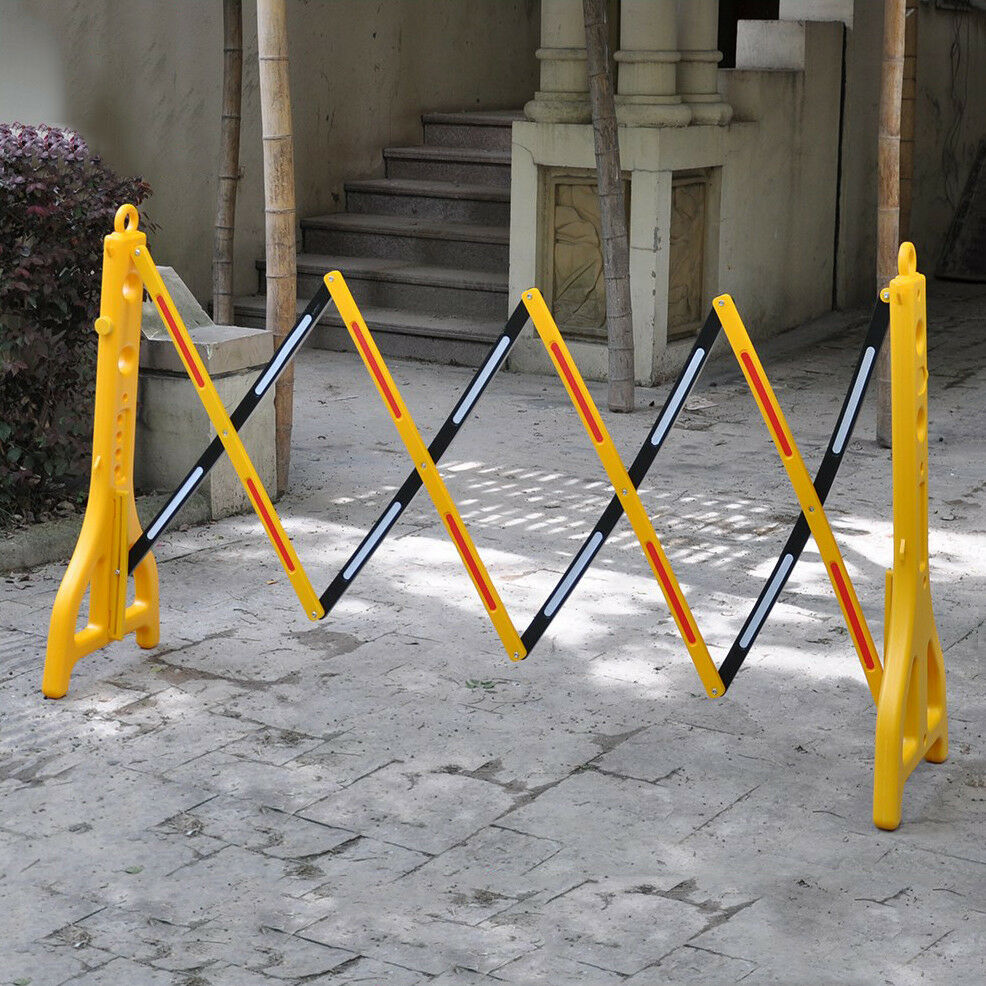Perimeter safety is an important side of defending varied forms of amenities, belongings, and different people. It is utilized by a variety of organizations and institutions to safeguard their premises. Here are some examples of who should use perimeter security:
Commercial Properties: Businesses, both large and small, utilize perimeter security to guard their property, workers, and customers. Click here includes retail stores, office buildings, warehouses, and manufacturing facilities.
Government Buildings: Government facilities, corresponding to metropolis halls, courthouses, and federal buildings, implement stringent perimeter safety measures to guard sensitive information and public servants.
Critical Infrastructure: Perimeter security is important for safeguarding crucial infrastructure, including power crops, water remedy services, and transportation hubs. Any disruption to those amenities can have important penalties.
Airports: Airports require strong perimeter security to guard plane, passengers, and airport staff. Security measures typically embody fences, surveillance systems, and entry control.
Military Bases: Military installations have some of the most superior perimeter safety techniques to protect national safety pursuits, delicate data, and personnel.
Educational Institutions: Schools and universities use perimeter security to guard college students, college, and workers. This might embody access control methods, safety personnel, and surveillance.
Healthcare Facilities: Hospitals and healthcare services implement perimeter safety to protect sufferers and staff, as properly as useful medical tools and provides.
Correctional Facilities: Prisons and correctional amenities require perimeter safety to forestall escapes and shield both inmates and workers.

Data Centers: Data centers store valuable and sensitive data, making them a target for cyberattacks and physical safety breaches. Perimeter security is essential to protect the infrastructure and information.
Residential Properties: High-value residential properties, embassies, and diplomatic residences usually make use of perimeter security measures to protect residents and belongings.
Retail Centers: Shopping malls and retail complexes could use perimeter security to discourage theft, vandalism, and make sure the safety of shoppers.
Event Venues: Temporary or everlasting event venues, like stadiums, live performance halls, and convention centers, require perimeter safety to ensure the safety of attendees.
Transportation Facilities: Ports, practice stations, and bus terminals use perimeter safety to protect infrastructure, travelers, and cargo.
Public Spaces: In city environments, public areas, parks, and government plazas might incorporate perimeter security measures to reinforce security.
The particular measures and technologies used for perimeter security can vary widely depending on the character of the ability, its location, and the level of security required. Common parts of perimeter safety embody fencing, entry control methods, surveillance cameras, intrusion detection methods, security personnel, and extra. The aim is to deter unauthorized entry, detect intrusions, and respond to safety threats effectively..
